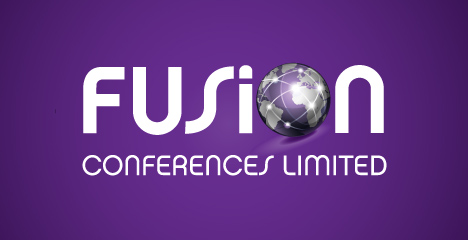
4th Epigenetics Conference
Categories
Date of beginning
Thursday, 10 October 2024Duration
4 daysDeadline for abstracts
Thursday, 14 December 2023City
St. JuliansCountry
MaltaContact
Emily MeenExpected participants
60 - 90Memo
Chromatin is the template of life, the carrier of genetic information and the core regulator of fundamental processes such as gene expression and stem cell fate determination. Chromatin dysfunction on the other hand can trigger various diseases, including cancer. Although chromatin structure and function and the mechanisms of disease and their diagnostic and therapeutic approaches are the subject of many meetings, conferences bringing them together are less frequent. The boundaries among these various disciplines are disappearing and meeting on "Epigenetics: from mechanisms to disease" will focus on the discussion of the role of chromatin architecture, epigenetics, stem and single cell biology in cancer and other diseases. The talks will cover a broad range of topics, including chromosome organisation, long-range interactions, chromatin assembly, stem cell regulation/differentiation, RNA-based mechanisms, transcription regulation, DNA methylation and hydroxymethylation, exploiting the power of genome engineering technologies, single-cell approaches, cutting edge epigenomics and imaging approaches and novel cell systems such as organoids. Speakers have been selected to broadly reflect lessons learned from a variety of model organisms and experimental approaches. Young scientists will take center stage, presenting their work through a large number of talks selected from submitted abstracts as well as through poster presentation. The program has also allocated ample time for exchanging ideas and discussing novel hypotheses at the end of each session, as well as time for informal interactions and networking.

